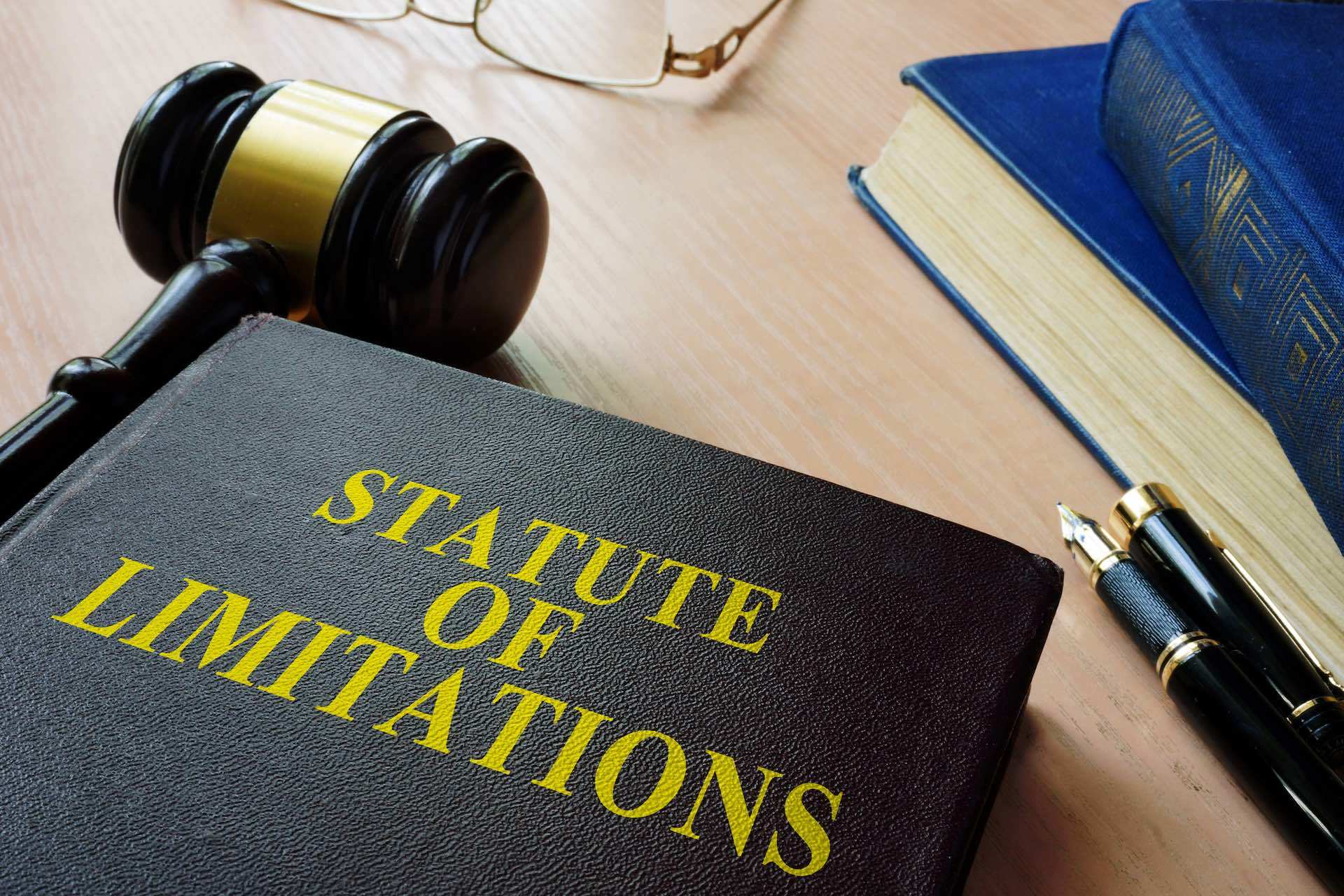Blog Layout
4 Tips for Finding the Right, and Competent, Attorney
Dec 20, 2017
4 Tips for Finding the Right (and Competent) Attorney

But how do you choose the right lawyer for your specific issue?
When you hire an attorney, do more than just call up the firm that ranks highest in a Google search. Below are some strategies you should employ to ensure you find the right attorney for you:
Referrals
If you have any friends or family members who have hired an attorney for a similar issue, get referrals from them. While online reviews can provide you with at least an idea of the kind of service you will get from an attorney, it is much more likely that you will get more trustworthy and detailed reports from people you know personally.
Never make a decision about hiring an attorney solely based on the recommendation of a friend or loved one. But you should definitely take these referrals into consideration as you review all your options.
Online services
There are a variety of websites that provide easy connections to attorneys in your area based on where you live and the type of legal issue you are facing. After answering a few questions about your case and providing the service with your contact information, the website passes it on to attorneys who fit your case, who will contact you directly.
There are also many different attorney directories you can find online, which provide profiles for legal professionals in your area and their contact information. The profiles help you learn more about each attorney’s experience, background, education and fees, along with his or her general legal philosophies. In some circumstances, you might be able to get a history of case results.
Experience in one practice area
If your case falls into a particular legal niche, consider looking for an attorney who focuses on that area of practice. A general practitioner in a certain practice area might not be sufficient for your case, so you will be best served by someone with a history of focusing on and succeeding with the type of legal issue with which you are dealing.
Personal interviews
Take the opportunity to sit down and meet with your top attorney prospects after you have narrowed down your list. Pay attention to the personal rapport you develop with your prospective legal counsel during the conversation. If you feel uncomfortable talking to the attorney, the relationship likely will not work out. You should also pay close attention to the attorney’s communication skills, promptness and general willingness to work with you to ensure you get the best possible outcome from your case.
Finding the right attorney for you could mean the difference between failure and success when it comes to addressing your legal issue. Be sure to do your research and take the time to carefully consider your options before making a final decision.
We are Legal Malpractice Attorneys
While no attorney takes pleasure in suing another member of the profession, there are times when it is both necessary and warranted. If you hired an attorney in San Francisco or other cities in California who failed to handle your case properly, filing a legal malpractice action for misconduct could be in your best interest.Most people do not realize that as clients – or former clients — they have the right to hire an attorney to bring an action against their former attorney. In fact, people are often intimidated by their lawyer or the legal process in general, so they’re afraid to consider suing a lawyer.Our law firm is here to help you. We represent clients in legal malpractice cases to achieve redress for their wrongs and to maintain the high standards of the legal profession.
If you have any questions, call (415) 352-0980 or fill out our contact form
to schedule a free consultation with our experienced legal malpractice attorneys.
Share
Tweet
Share
Mail
RHM legal blog

23 Nov, 2017
If you believe your attorney committed legal malpractice you might be able to seek compensation for your financial harm through a lawsuit. However, prior to filing a claim, you should consult with an experienced legal malpractice attorney to identify the applicable statute of limitations and determine whether or not it has expired. Generally, the statute of limitations for an action against an attorney arising from his or her performance of professional services, must be started within the earlier of: 1 year after you discover (or should have discovered) the facts constituting the wrongful act or omission; or 4 years from the date of the wrongful act or omission. Therefore, if you are at all concerned that your attorney may have committed legal malpractice, you must act quickly to get all the facts you can. Get in touch with a legal malpractice attorney. One year might seem like a lot of time, but each case is different, and for some it can take longer than others to get the facts you need to gather evidence before filing your claim. Are there exceptions to the statute of limitations? There are four ways in which you can “toll” (delay or postpone) the statute of limitations for your legal malpractice case. They are as follows: No Actual Injury – If you sustained actual injury (damage) after the date of the alleged negligence, the clock for the statute of limitations will start at the time you are damaged rather than the time at which you discovered the negligence. Continuous Representation – If the attorney continues to represent you regarding the specific subject matter in which the alleged negligence occurred, then the clock for the statute of limitations starts at the time that representation ends rather than the date of negligence or its discovery. Concealment – If the attorney willfully conceals the facts constituting his or her wrongdoing, the statute of limitations is tolled (this tolls only the 4-year limitations period). Disability – If your legal or physical disability restricts you from filing a claim, the statute of limitations may be tolled until that disability ends Schedule a Free Consultation with Our Experienced Professional Liability Attorneys For more information on the statute of limitations and other issues related to legal malpractice cases, schedule a free consultation with our legal malpractice attorneys: (415) 352-0980.
QUICK LINKS
PRACTICES
CONTACT
Phone: 415.352.0980
Fax: 415.352.0988
Email: info@rhm.legal
Address:
505 Montgomery Street, 10th Floor
San Francisco, CA 94111
Disclaimer: The materials contained on this website is provided solely for informational purposes and is considered attorney advertising. RH Montes De Oca, APC is a California law firm and all information on this website is based on California law. The information presented here should not be construed as formal legal advice nor the creation of an attorney-client relationship. You should consult an attorney for advice regarding your individual situation.
© 2024
All Rights Reserved | RH | Montes De Oca, LLP | Privacy Policy

